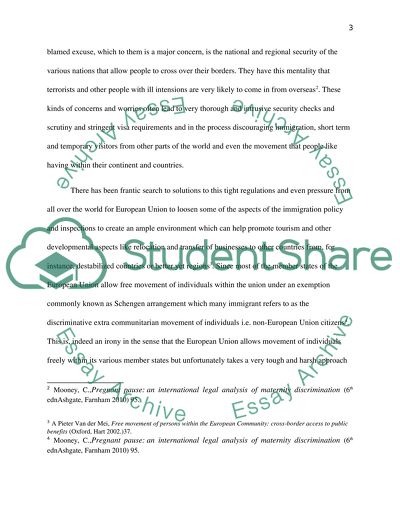Cite this document
(“To what extent does the European Union policy of free movement of Essay”, n.d.)
Retrieved from https://studentshare.org/law/1394809-to-what-extent-does-the-european-union-policy-of
Retrieved from https://studentshare.org/law/1394809-to-what-extent-does-the-european-union-policy-of
(To What Extent Does the European Union Policy of Free Movement of Essay)
https://studentshare.org/law/1394809-to-what-extent-does-the-european-union-policy-of.
https://studentshare.org/law/1394809-to-what-extent-does-the-european-union-policy-of.
“To What Extent Does the European Union Policy of Free Movement of Essay”, n.d. https://studentshare.org/law/1394809-to-what-extent-does-the-european-union-policy-of.


